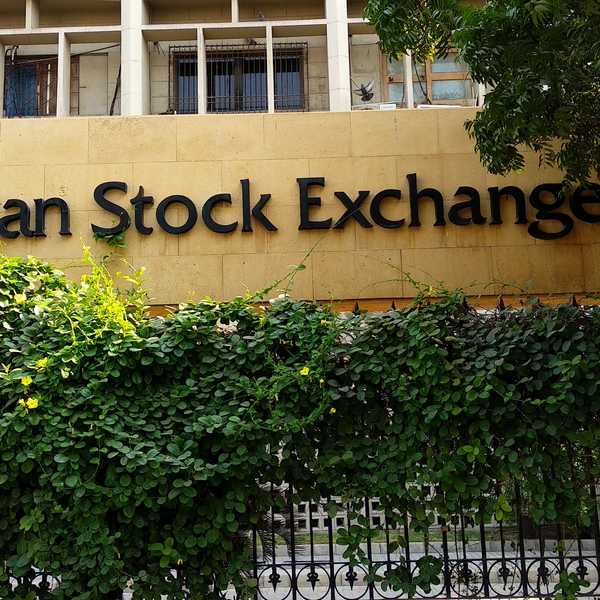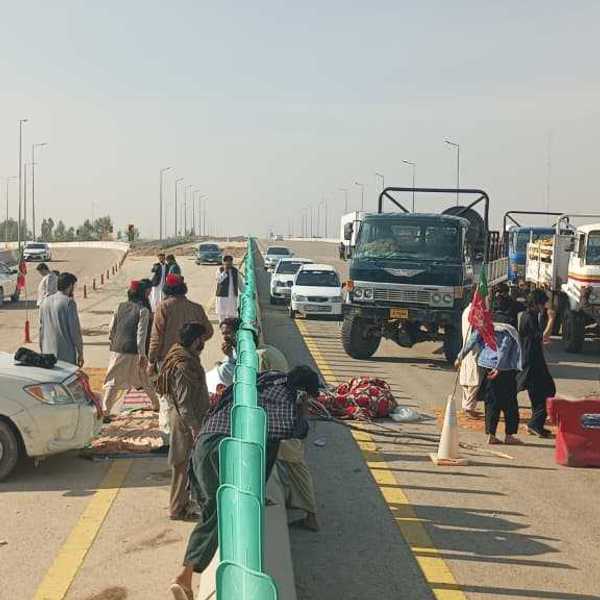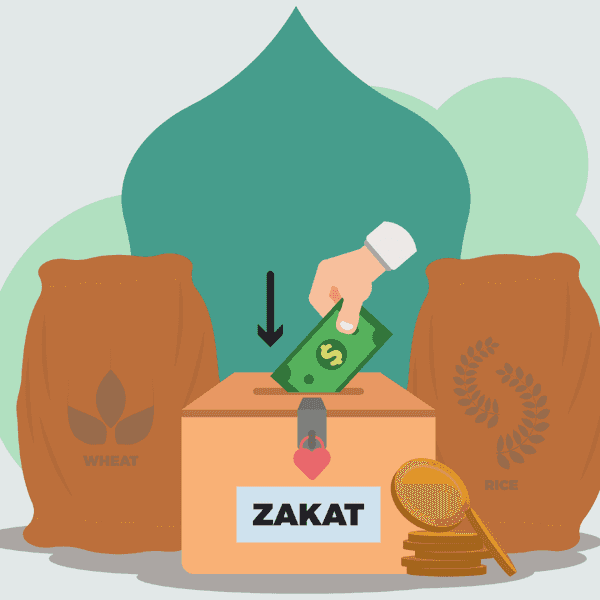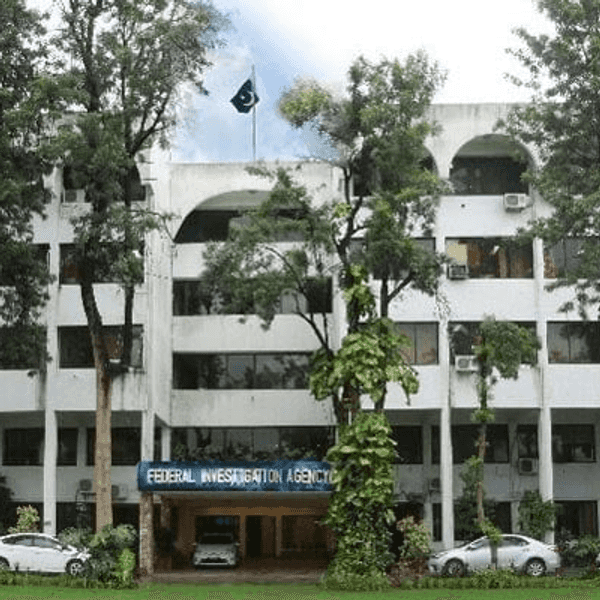Ex-PPL chief urges Pakistan to get serious about oil exploration
Potential exists, but needs a systematic plan, he says

Amber Shamsi
Pakistan Editor
Amber Rahim Shamsi is an award-winning multimedia journalist, political commentator, and free speech advocate with extensive experience in media development. She previously served as Director of the Centre for Excellence in Journalism (CEJ) at IBA, where she spearheaded the launch of iVerify Pakistan, a UNDP-supported fact-checking platform. A former BBC World Service bilingual reporter, she has hosted three major current affairs shows on Pakistani news channels. She is also an IVLP and ICFJ Digital Fellow, a media trainer, and an advocate for press freedom and gender representation in journalism.

As global geopolitics push energy security back into the spotlight, Pakistan might be sitting on untapped riches. But turning that dream into reality won’t come easy, warns former Pakistan Petroleum Ltd. (PPL) managing director Moin Raza Khan.
In an exclusive interview with Nukta, the veteran geoscientist laid bare what’s fact, what’s fiction, and what’s needed if Pakistan hopes to become South Asia’s next oil power.
“Unfortunately, exploration has been haphazard—18 wells over 60 years—not systematic,” Khan said.
The conversation comes amid renewed buzz after U.S. President Donald Trump tweeted about Pakistan’s oil potential. While critics dismissed it as political trolling, Khan says the country should treat it as a serious window of opportunity—not for slogans, but for real groundwork.
“Trump’s tweet should be capitalized on—not for political mileage, but through serious, systematic, and scientific action.”
Untapped potential—or just a mirage?
Pakistan’s offshore basins, particularly the Indus Delta, are geologically similar to oil-rich regions like the Gulf of Mexico, Mahakam Delta (Indonesia), and Gippsland Basin (Australia), Khan noted. With the right planning, Pakistan could unlock 250–300 trillion cubic feet (tcf) of gas, he estimates.
But that “if” is doing a lot of heavy lifting.
Khan criticized the country’s lack of pre-drill groundwork—no seabed chemical analysis, no baseline seismic surveys, and no clear mapping of “sweet spots” that could attract multinationals.
Past failures, future lessons
Khan recalled how ExxonMobil and Italy’s ENI exited a high-stakes project in 2019 after drilling a $100 million dry well off Karachi’s coast. Khan, then MD at PPL, had to sign the well abandonment notice himself.
“PPL got 25%, OGDCL 25%, ExxonMobil and ENI each 25%—they were operators. I had to issue the abandonment notice because the well was dry water-wet despite heavy cost,” he said.
He cautioned against repeating mistakes. “Announcing discoveries without evidence—like what happened in 2019—only creates false hope and political mileage.”
The Trump factor—an opening for FDI?
“FDI won’t come unless we’re prepared. Trump’s announcement may be unclear, but it sparks hope that FDI could arrive—even without prior government groundwork.”
He recommended the government invest at least one year in gathering baseline geological data, conducting regional seismic surveys, and building an investment case before offering offshore blocks.
Shale dreams—take with a pinch of salt
Khan also struck a cautious tone on shale gas reserves, often touted in U.S. energy assessments. He said prior U.S. estimates in 2015 put Pakistan’s reserves as high as 58 billion barrels of oil and 200 tcf of gas, but based on sparse, outdated data.
“Poland was once hyped based on decades-old samples, but four U.S. firms drilled and found nothing—EIA later removed it from the list.”
While Khan believes Pakistan’s conventional oil and gas reserves exist—with 1 billion barrels of oil and 62 tcf of gas already discovered—he urged the government not to get swept up in hype.
“Take every estimate with a pinch of salt, but study them. Build your own model. Then improve it.”
Politics and petroleum—a risky mix
Khan also warned against over-politicizing oil ambitions. He referenced how previous leaders were misinformed or fed overly optimistic projections by technical advisors looking to impress.
Instead, he called for high-caliber technical consultants within the Ministry of Energy, who can provide realistic pictures rather than distorted facts used for political mileage.
If Pakistan plays its cards right, Khan believes the country can bring in 5-6 major international companies within four years—ideally during Trump’s potential second term.
But it requires urgency, coordination, and discipline.







Comments
See what people are discussing